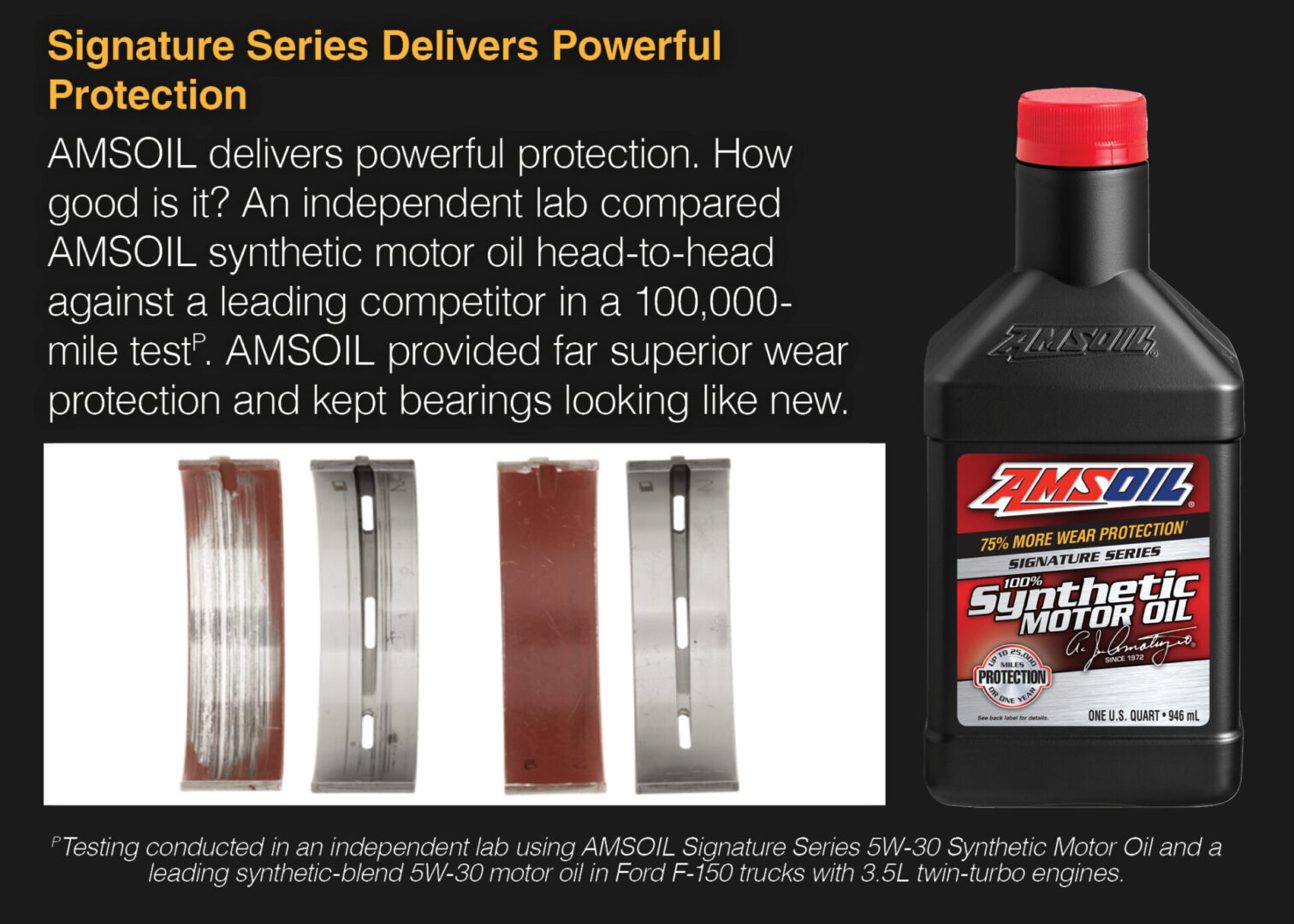5W30 Synthetic Oil vs. Conventional Oil: Which is Better?
When it comes to choosing the right oil for your car, there are a lot of options to consider. One of the most popular choices is 5W30 synthetic oil, which offers a number of benefits over conventional oil. But is it worth the extra cost? In this article, we'll explore the differences between synthetic and conventional oil to help you make an informed decision.
What is Synthetic Oil?
Synthetic oil is a type of motor oil that is made from chemical compounds rather than crude oil. It is designed to provide better performance and protection for your engine than conventional oil. Synthetic oil is created through a process called synthesis, where individual molecules are combined to create a uniform product with specific properties. This allows synthetic oil to offer better lubrication, improved fuel efficiency, and longer-lasting protection for your engine.
What is Conventional Oil?
Conventional oil, also known as mineral oil, is a type of motor oil that is derived from crude oil. It is the most commonly used type of motor oil and is typically less expensive than synthetic oil. Conventional oil is refined through a process that removes impurities and additives are added to improve its performance. However, it does not offer the same level of performance and protection as synthetic oil.
What are the Benefits of Synthetic Oil?
Synthetic oil offers several benefits over conventional oil. It provides better engine protection, especially in extreme temperatures, and can improve fuel efficiency. Synthetic oil also lasts longer than conventional oil, meaning fewer oil changes are needed. Additionally, synthetic oil is more environmentally friendly as it produces less waste and reduces the need for oil changes. While synthetic oil may be more expensive upfront, the long-term benefits make it a worthwhile investment for many drivers.

What are the Drawbacks of Synthetic Oil?
While synthetic oil has many benefits, there are also some drawbacks to consider. One of the biggest drawbacks is the cost. Synthetic oil is typically more expensive than conventional oil, which can be a deterrent for some drivers.
Some myths you might hear are that not all engines are compatible with synthetic oil, or some drivers may prefer the traditional feel of conventional oil and may not want to switch to a synthetic option. I don't understand how you can feel oil in your car. Maybe some some can let us know in the comments below.
Which is Better for your Car: Synthetic or Conventional Oil?
The answer to this question depends on a variety of factors, including your driving habits, the age and condition of your car, and your budget. Synthetic oil offers many benefits, including better performance in extreme temperatures, improved fuel efficiency, better cold flow properties, and longer intervals between oil changes. However, it is also more expensive. Conventional oil is a more affordable option and may be preferred by drivers who prefer a "traditional feel". Again, lets us know in the comments. Maybe you just don't like your car and want it to blow up. Maybe your car leaks like a sieve. Ultimately, we still can make a choice between synthetic and conventional oil.










